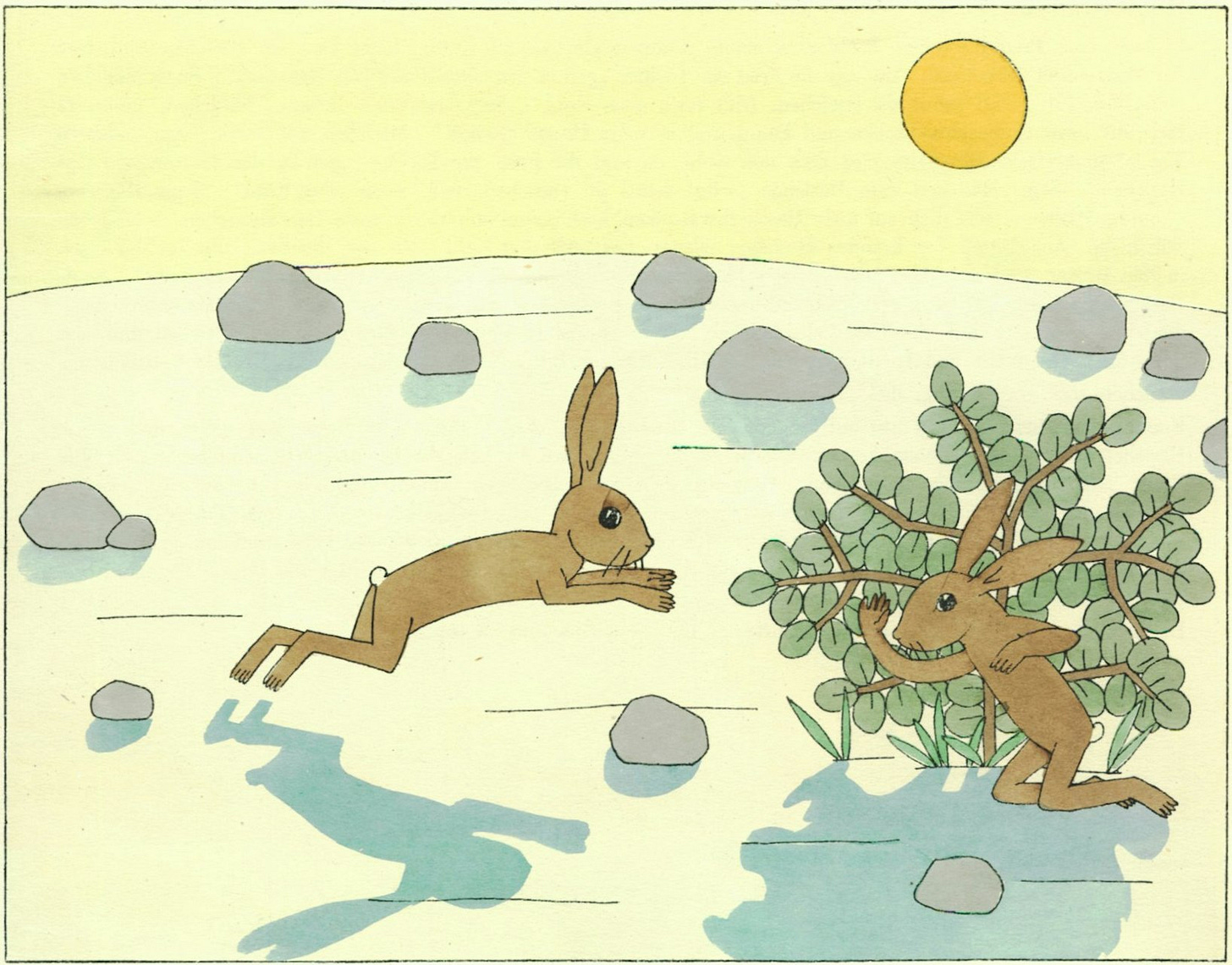Identity after Gaza
Palestinian passports, the "centering Jewish voices" problem, and recognizing torture as a universal concern

This week at Public Seminar, Widad Tamimi remembers her Palestinian father’s refusal to visit his hometown, having lost it once already. Austin Tannenbaum considers the lottery of birth and what it means to draw the short straw. And Jordan Osserman searches for a way to acknowledge and analyze grief without fueling the Netanyahu war machine.
When our freedom of movement or freedom of thought is compromised, who are we? And as we shuffle passports, break friendships, fear our family members and fear for our family members, who do we think we are?
Israel Has Weaponized Trauma. Should We Talk About It?
Jordan Osserman
Within left-leaning circles, any attempt to articulate an emotional tie to Israel is fraught—understandably, given the scandalous forms of censorship and repression facing Palestinian perspectives in the mainstream. However, as I revisited my writing and thoughts on this subject, I became even more convinced of the importance of openly examining my “Jewish feelings.” Not for my own sake, but because I believe the increasingly rogue behavior of Israel—which includes ignoring even the US’s feeble attempts at restraint and playing with a nuclear powder keg that threatens humanity—necessitates coming to grips not only with its political and economic force but also its psychical and phantasmatic structures of support.
Palestine and the Subversion of International Law
Widad Tamimi
Because our father, my sister and I were traveling on tourist visas, we could move around freely. But obtaining a permit to enter the Holy City is exceedingly hard and time-consuming for Palestinians without foreign passports, meaning that Amal and our brothers were traveling irregularly. Dad stacked our six passports so that the three with visas were on top and the three without were on the bottom. The suspense and fear we felt during that cab journey were almost intolerable. Each time we crossed a checkpoint we hoped that the Israeli guards wouldn’t examine our papers too meticulously.
Slow Torture in Gaza
Austin Tannenbaum
Self-interest dictates that, given the choice, most would eliminate ills such as famine and state violence if faced with the prospect of experiencing them themselves. At play is perhaps the most deeply-rooted of all human desires: to avoid unwanted pain.



